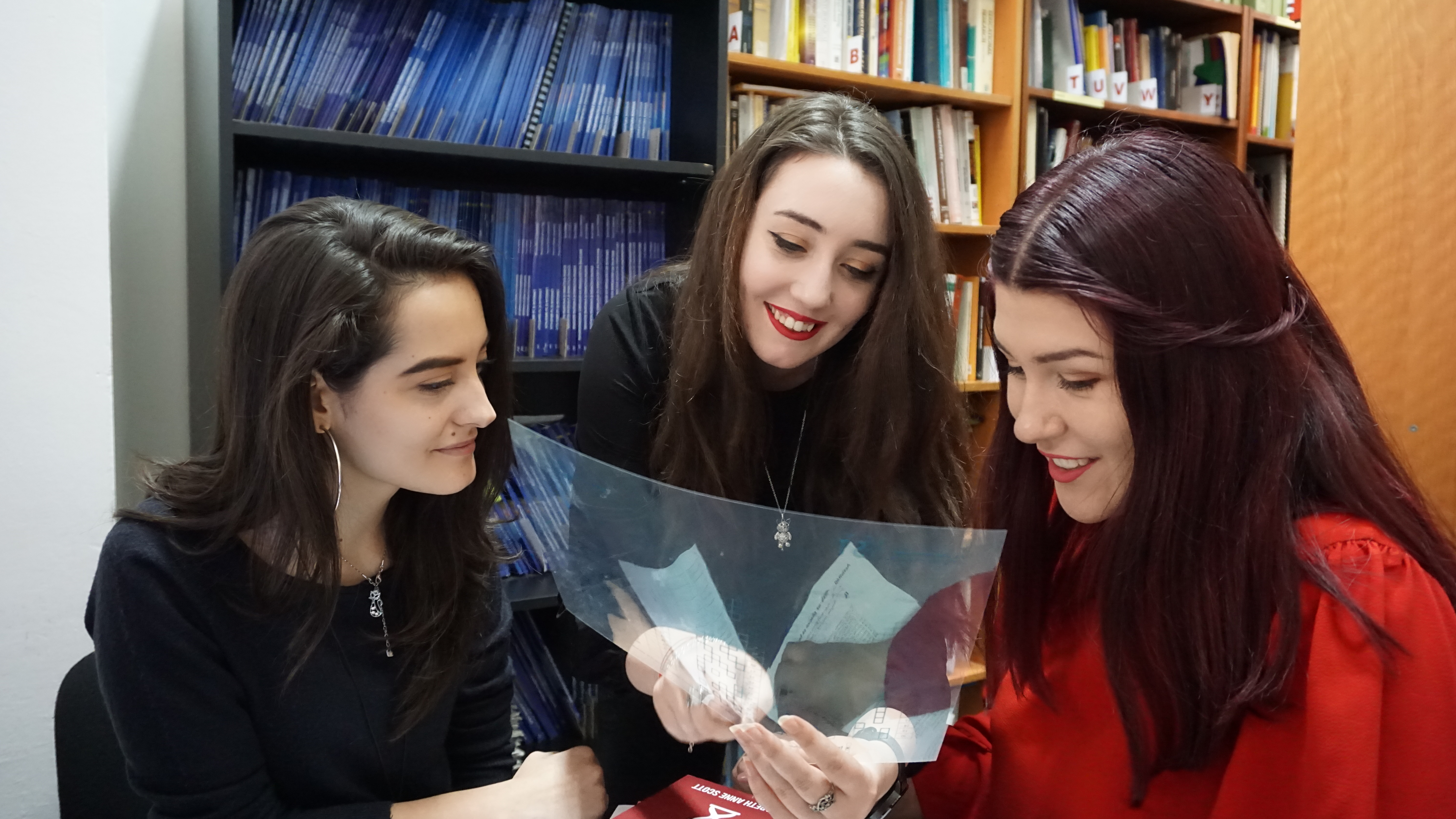Research fields

• Academic adjustment
• Well-being and mental health
• Technology in education
• Professional identity and teaching career
Academic adjustment
Research in this field focuses on how students adapt to the university environment in terms of their involvement in the learning process, individual resources (such as personality traits, motivation, socio-emotional skills, resilience), and academic success. We are particularly interested in identifying predictors of academic adjustment and risk factors for university dropout, so that empirically grounded interventions can be developed to support students at risk.
Well-being and mental health
This area of research explores psychological well-being, emotional regulation, and meaning in life, including among under-studied populations such as people with disabilities, athletes, and older adults (65+). Risk and support factors in mental disorders (stress, anxiety, depression, eating disorders), the role of play in child development, and motor function recovery (e.g., fine motor skills between ages 3–7, essential for professions requiring dexterity and precision) are studied.
Technology in education
This broad field of research addresses the role and place of technology in education, among pupils, students, and teachers alike. We focus on issues such as technostress and problematic internet use, but also on the potential of educational ICT applications and educational software for in-depth learning.
Professional identity and teaching career
This line of research explores the motivations for choosing the teaching profession, the relevance of self-analysis in teaching, and the development of reflective attitudes in teachers through individual and collaborative reflection. We study the impact of academic mentoring as a tool for university career development and address teacher certification (initial and continuing), by analyzing the factors that influence training and professional standards in education.




